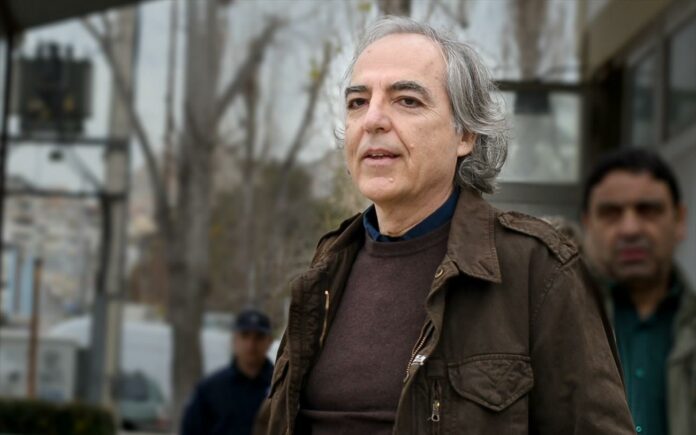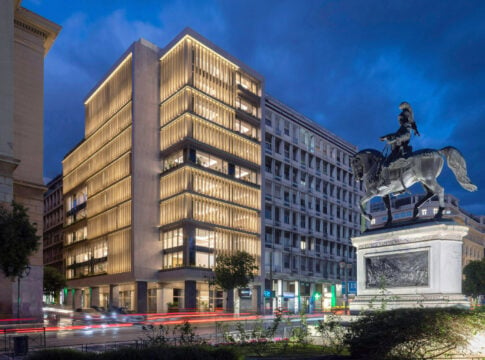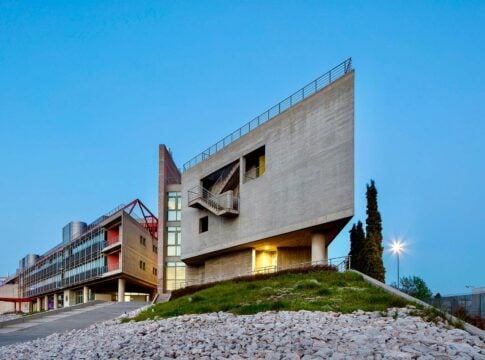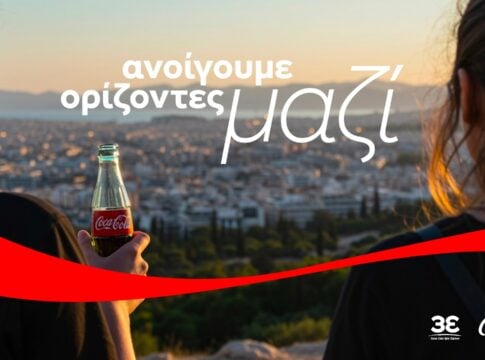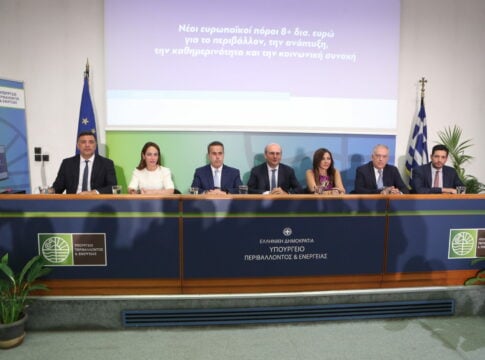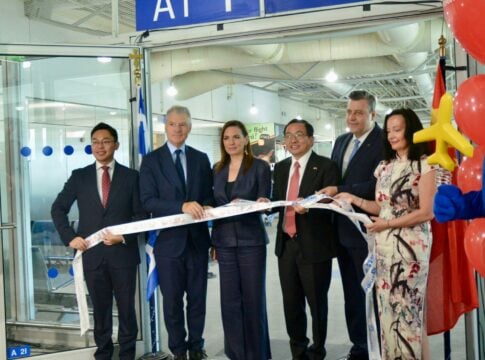A three-justice first instance court in the south-central city of Lamia on Thursday dismissed a petition by a notorious terrorist to temporarily suspend his prison sentence due to a health issue. The “health issue” in question is an ongoing, and more than 50-day hunger strike by Dimitris Koufodinas, who remains hospitalized in a Lamia hospital’s ICU ward
The inmate, who is serving a life sentence for 11 homicide convictions, was part of the once elusive “November 17” urban terrorist gang. N17 was eradicated in the summer of 2002 after a botched bomb attack.
Koufodinas has demanded that he be returned to the Korydallos correctional facility in the greater Athens area after being transferred from a prison farm near the central city of Volos. His attorneys and supporters have repeatedly claimed that a relevant law stipulates that an inmate be returned to the facility from which he was sent to a prison farm, which in this case is Korydallos, and not the Domokos maximum security prison in south-central Greece.
However, the government has countered that Korydallos is no longer designated as a penitentiary but as a pre-trial lockup, with convicts there being gradually transferred to other facilities, and none returned.
Koufodinas, who has also been convicted of terrorism charges and armed robbery, had also gone on a hunger strike in 2015, with his demand at the time satisfied by the then SYRIZA government.
On Thursday the president of the three-justice court maintained that “dealing with a serious illness can be achieved through accessible medical assistance. The petitioner is the one who has set, as a condition, the (temporary) suspension of his sentence in order to accept medical assistance. This court considers that his hospital stay does not constitute adverse treatment.”
A court prosecutor also recommended that the petition be rejected, saying the convicted terrorist’s dire health condition is the result of his own choices.
Earlier, during witness testimony, the head of the Lamia hospital’s ICU ward testified that Koufodinas’ health was critical.
However, when queried by the prosecutor, the intensive care physician said there was no illness, per se, although the petitioner’s vital functions are in a critical state.


